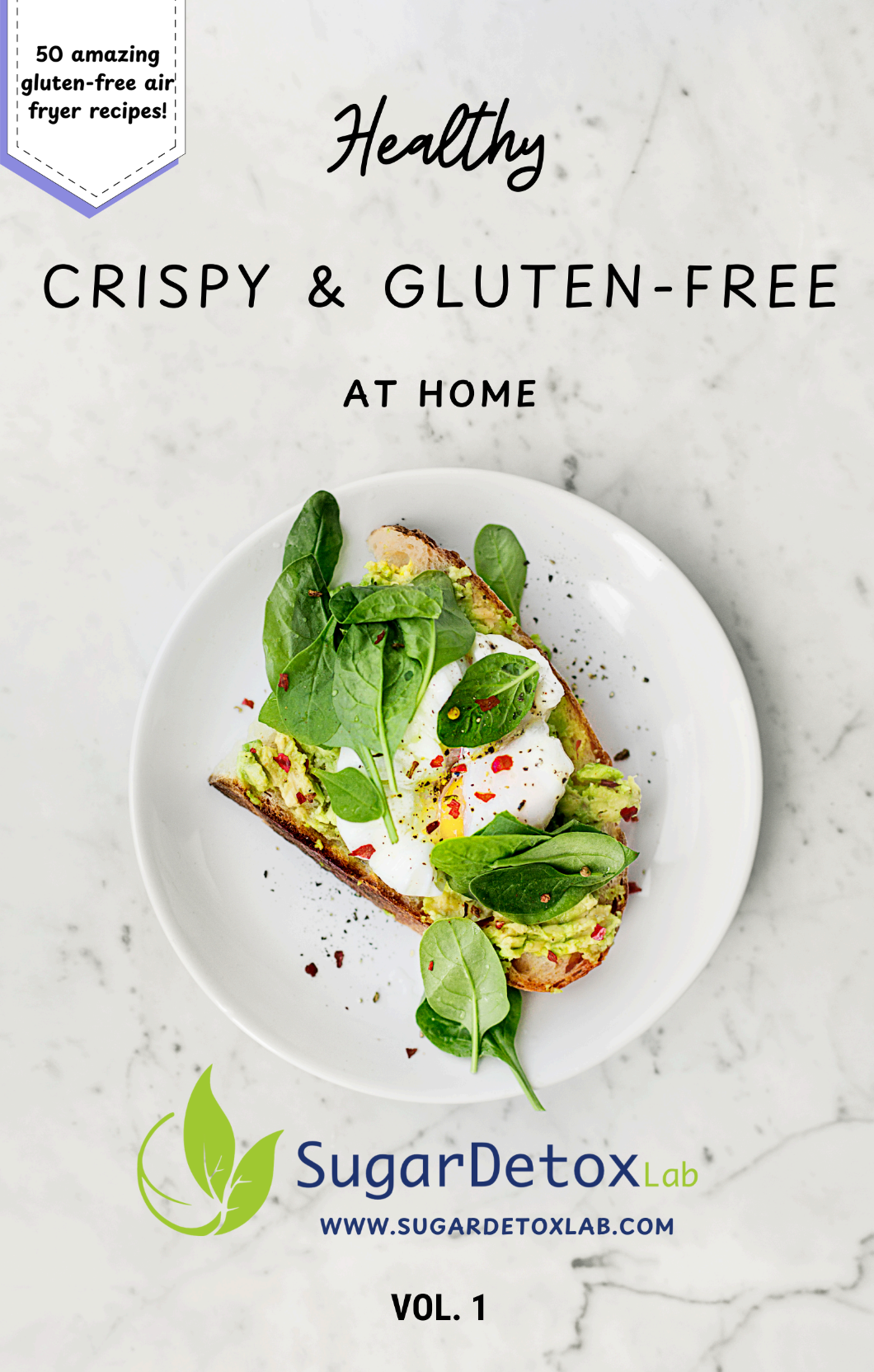I’m a Dietitian & This Is the One Vegetable I Never Leave the Grocery Store Without. As a nutrition expert, I believe that the right vegetable can make a significant difference in our diets. With a plethora of options available, selecting the right vegetable can be overwhelming. However, one vegetable stands out for its myriad benefits and versatility: broccoli. In this article, I will explore why broccoli deserves a permanent spot in your shopping cart and how it can benefit your health.

Why Broccoli?
Nutritional Value of Broccoli
Broccoli is one of the most nutrient-dense vegetables you can include in your diet. Here’s why:
- Rich in Vitamins: A single cup of raw broccoli contains:
- Vitamin C: 135% of the recommended daily intake
- Vitamin K: 116%
- Folate: 14%
- Minerals: It also provides essential minerals like potassium, phosphorus, and calcium, contributing to overall bodily function.
- Fiber: Broccoli is high in dietary fiber, promoting a healthy digestive system.
- Antioxidants: This vegetable is packed with powerful antioxidants, including sulforaphane, that help protect cells from damage.
Health Benefits of Broccoli

Including broccoli in your diet can result in several health benefits:
- Cancer Prevention: Studies have shown that the compounds in broccoli may help protect against certain types of cancer, including colon, breast, and prostate cancer (Harvard Health).
- Heart Health: Broccoli can help reduce cholesterol levels, thus lowering the risk of heart disease. Its high fiber content also aids in maintaining a healthy heart.
- Improved Digestion: The dietary fiber in broccoli supports gut health and regular bowel movements, reducing the risk of constipation.
- Bone Health: With its high Vitamin K and calcium content, broccoli contributes to maintaining strong bones.
- Immune Support: The high Vitamin C content plays a crucial role in supporting the immune system.
Different Ways to Prepare Broccoli
Cooking Methods
Broccoli is incredibly versatile, making it easy to incorporate into various dishes. Here are some popular preparation methods:
- Steamed: Steaming helps retain the vegetable’s nutrients. Steam for about 5-7 minutes for crisp-tender broccoli.
- Roasted: Toss with olive oil and seasonings and roast at 425°F for 20-25 minutes for a caramelized flavor.
- Stir-Fried: Quick and healthy, stir-frying broccoli with other veggies and protein creates a nutritious meal.
- Raw: Adding raw broccoli to salads or eating it as a snack with hummus is a great way to enjoy its crunch.
Recipes Featuring Broccoli

- Broccoli Salad: Combine raw broccoli with Greek yogurt, nuts, and a touch of honey for a refreshing salad.
- Broccoli Quiche: Mix steamed broccoli, eggs, and cheese for a nutritious breakfast option.
- Broccoli Smoothie: Blend broccoli with fruits and yogurt for a unique breakfast smoothie packed with nutrients.
- Broccoli Soup: Puree cooked broccoli with vegetable broth, garlic, and onion for a creamy and comforting soup.
Tips for Buying Broccoli
- Look for Bright Color: Choose broccoli with vibrant green florets.
- Check the Stalk: Fresh broccoli should have firm stalks that are not dried out.
- Avoid Yellowing: If the florets are turning yellow, they may be overripe.
The Environmental Impact of Broccoli

As a dietitian, I also consider the sustainability of our dietary choices. Broccoli is generally easy to grow and has a relatively low environmental footprint. Opting for seasonal, locally-grown broccoli not only supports local farmers but also minimizes transportation costs and carbon emissions.
Benefits of Organic Broccoli
Choosing organic broccoli can enhance health benefits due to the absence of pesticides. Organic farming practices often lead to healthier soil and ecosystems, contributing to better nutrition for consumers (USDA Organic).
FAQs on Broccoli
1. How much broccoli should I eat weekly?
Aim for about 1-2 cups of broccoli per week to reap its health benefits.
2. Can I eat broccoli every day?
Yes, eating broccoli daily can be beneficial, but variety is essential. Include different vegetables in your diet as well.
3. Is frozen broccoli as nutritious as fresh?
Yes, frozen broccoli retains many of its nutrients and is a convenient option.
4. What are some common recipes that include broccoli?
Popular recipes include stir-fries, salads, quiches, and soups, all of which feature broccoli as a main ingredient.
5. Can broccoli help with weight loss?
Yes, broccoli is low in calories but high in fiber, which can keep you feeling full longer and assist in weight management.
Conclusion
In conclusion, I’m a Dietitian & This Is the One Vegetable I Never Leave the Grocery Store Without: broccoli. Its exceptional nutritional profile, numerous health benefits, and versatility make it a must-have for any diet. Whether you’re looking to prevent chronic diseases, boost your immune system, or simply enjoy delicious meals, incorporating broccoli is a smart choice. Don’t hesitate to add this vibrant vegetable to your cart during your next grocery run!






